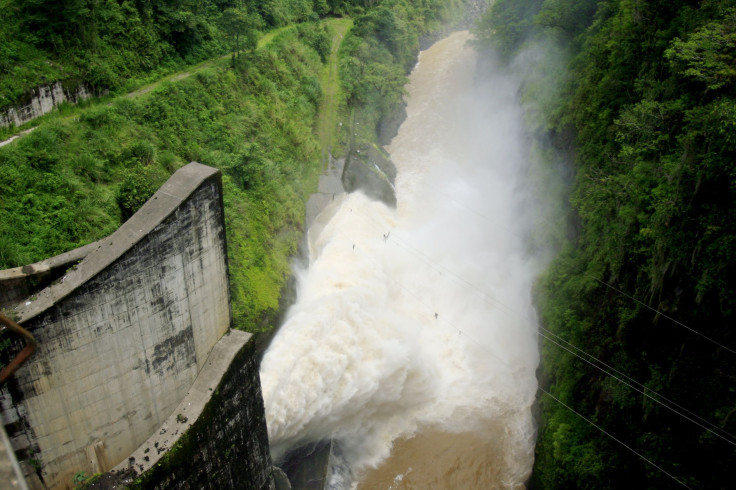Costa Rica Used 100% Renewable Energy In The First 75 Days Of 2015

Costa Rica ran entirely on renewable energy in the first 75 days of this year, the country’s power supplier says. The achievement comes as countries around the world are trying to reduce their greenhouse gas emissions and replace coal, oil and natural gas with cleaner-burning fuels.
The Central American country enjoyed abundant rainfall in January, February and the first half of March, allowing Costa Rica’s four main hydropower plants to produce more electricity than in typical months. Combined with energy from geothermal, solar, wind and biomass projects, the clean electricity was enough to light up 100 percent of homes, businesses and factories around the country.
So far, “2015 has been a year of completely environmentally friendly electricity,” the state-owned Costa Rican Electricity Institute said in a recent press release.
Worldwide, renewable energy only accounts for about 21 percent of electricity generation, according to data from the U.S. Energy Information Administration. Climate experts say that amount should jump to 80 percent of the globe’s electricity needs by 2050 in order to dramatically reduce greenhouse gas emissions and slow the rate of global warming. Countries will have to spend an extra $1 trillion a year over the next four decades to meet that target, for a total of $44 trillion, the Paris-based International Energy Agency has estimated.
In Costa Rica, a nation of 4.8 million people, hydropower already supplies about 80 percent of the country’s total electricity, while underground geothermal heat accounts for about 13 percent more. The rest comes from a mix of diesel fuel, wind turbines and solar panels.
The extra boost of hydropower in the first quarter of this year prompted the country’s utility to lower electricity rates by an average of 12 percent from April, saving customers nearly $40 million this year, according to the institute.
Clean energy proponents praised Costa Rica for the 100 percent renewables milestone, but they cautioned against an overreliance on hydropower. Seasonal changes in rainfall and regular droughts, which are expected to become longer and more severe because of climate change, can severely limit the ability to generate hydroelectricity, the news site Science Alert noted.
© Copyright IBTimes 2024. All rights reserved.



















